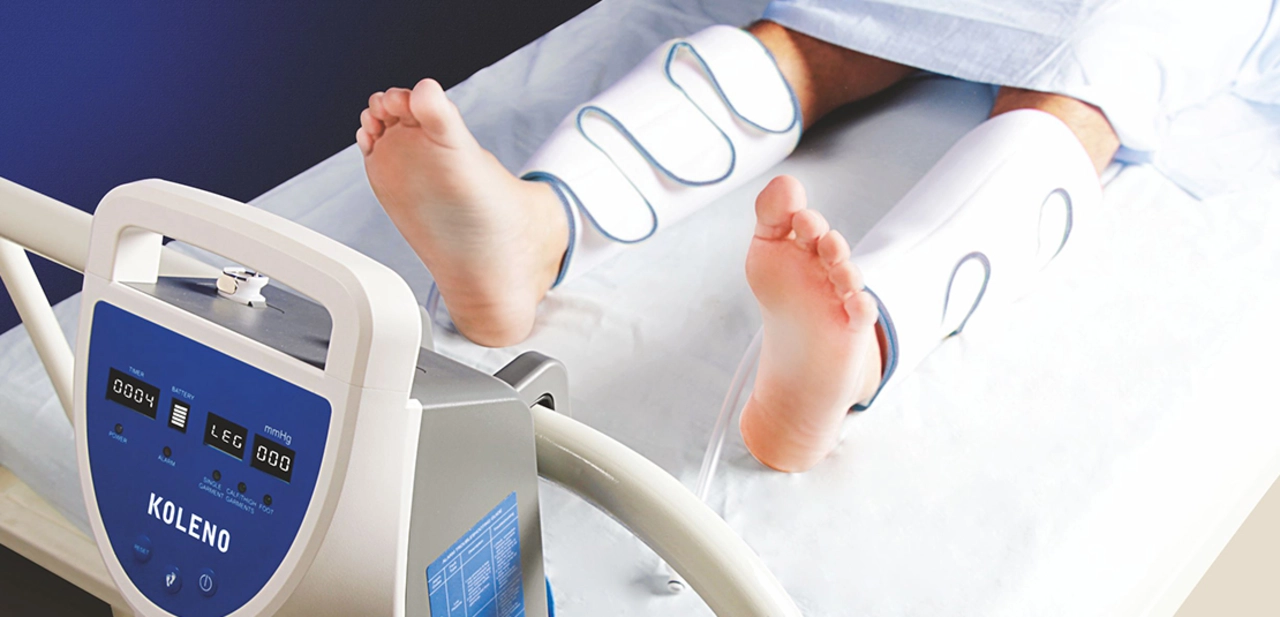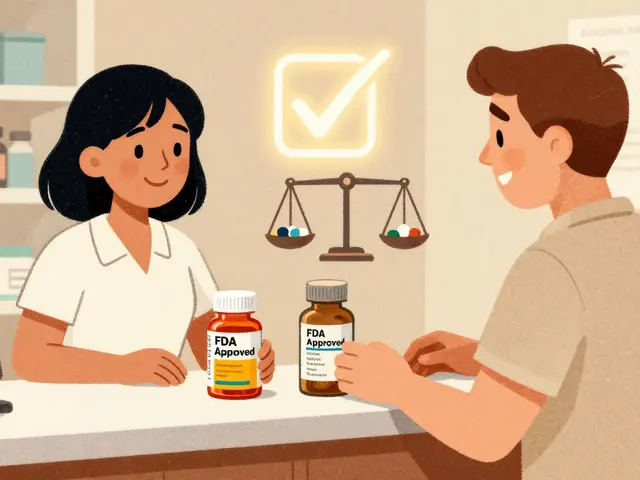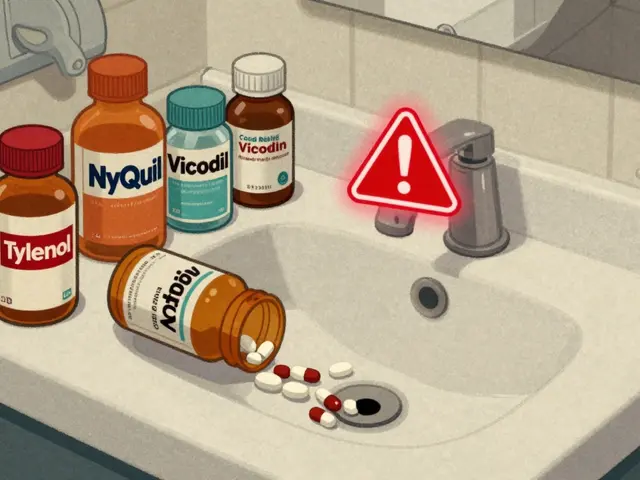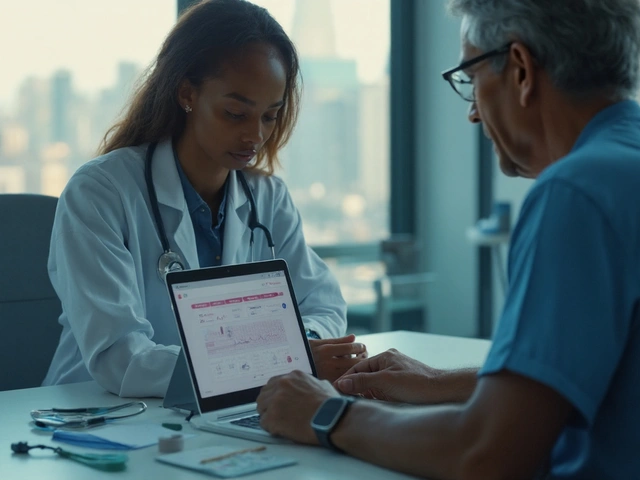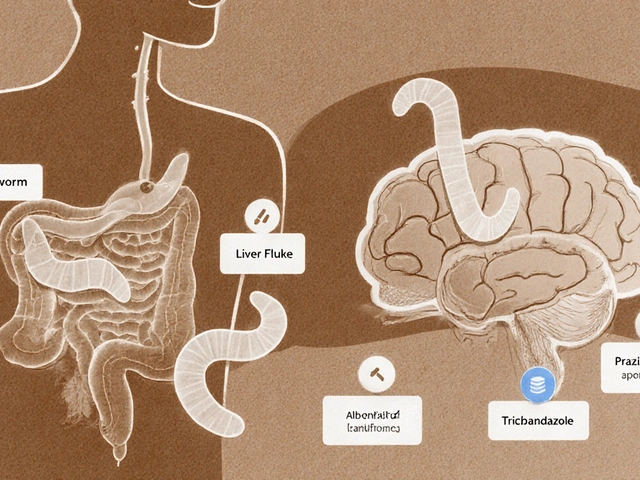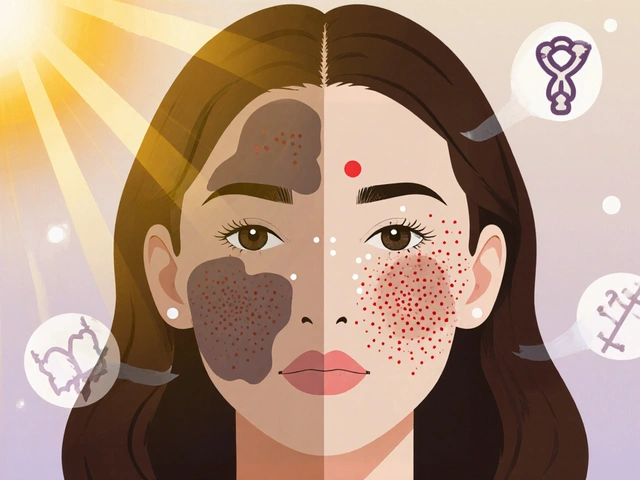Prevention: Practical Health Tips to Stop Problems Before They Start
Prevention matters more than quick fixes. If you want to stay healthy, small daily choices add up fast. This guide gives clear, practical prevention steps you can use right away—no jargon, no long lists that you won't follow.
Start with basics: sleep, diet, and movement. Aim for seven to nine hours of sleep most nights. Sleep improves immune function and mental focus. For diet, fill half your plate with vegetables and choose whole grains over refined carbs. Small swaps, like brown rice instead of white, reduce long term risk for diabetes. Move daily: a 30 minute walk or two 15 minute brisk walks lowers blood pressure and helps mood.
Vaccines and screenings catch problems early. Keep vaccines up to date for flu, COVID, HPV, and tetanus. Follow screening schedules for blood pressure, cholesterol, and cancer checks based on your age and risk. If you are unsure, ask your primary care doctor for a simple checklist tailored to you.
Prevent infections with practical habits. Wash hands with soap for twenty seconds after going out, before eating, and after bathroom use. Use masks in crowded indoor spaces during high respiratory illness seasons. Stay home when you are sick to reduce spread. If someone in your home is unwell, ventilate rooms and clean high touch surfaces daily.
Use medications wisely to avoid harm. Only take antibiotics when prescribed by a clinician and finish the course as instructed. Store medicines in a dry, cool place and keep a current list of what you take. Check interactions before adding new supplements or over the counter drugs. If you buy meds online, choose a pharmacy that requires a prescription and shows a physical address and pharmacist contact.
Protect skin and eyes from sun damage. Apply broad spectrum sunscreen at least SPF 30 when outdoors for more than fifteen minutes, reapply every two hours, and wear a hat and sunglasses. For spot checks, look for new or changing moles and see a dermatologist if something grows or bleeds.
Mental health prevention matters too. Build simple routines like daily walks, regular sleep, social time, and setting small goals. Learn quick stress tools: controlled breathing for five minutes, listing three things you are grateful for, or a short phone call with a friend. If low mood lasts more than two weeks, talk to a doctor.
Plan for emergencies. Keep a basic first aid kit, blood pressure cuff or thermometer, and a list of emergency contacts. Know where to get care after hours and save medication names and doses in a shared note for caregivers.
Small daily habits protect you from big problems. Pick two changes to start this week and make them routine. Prevention is not perfect, but it makes a real difference. Track your progress with a simple calendar or phone reminder and celebrate small wins. If you smoke, seek help to quit — talk to your doctor about nicotine replacement. For alcohol, limit drinks to recommended weekly limits and choose alcohol free days each week. Start today now.

